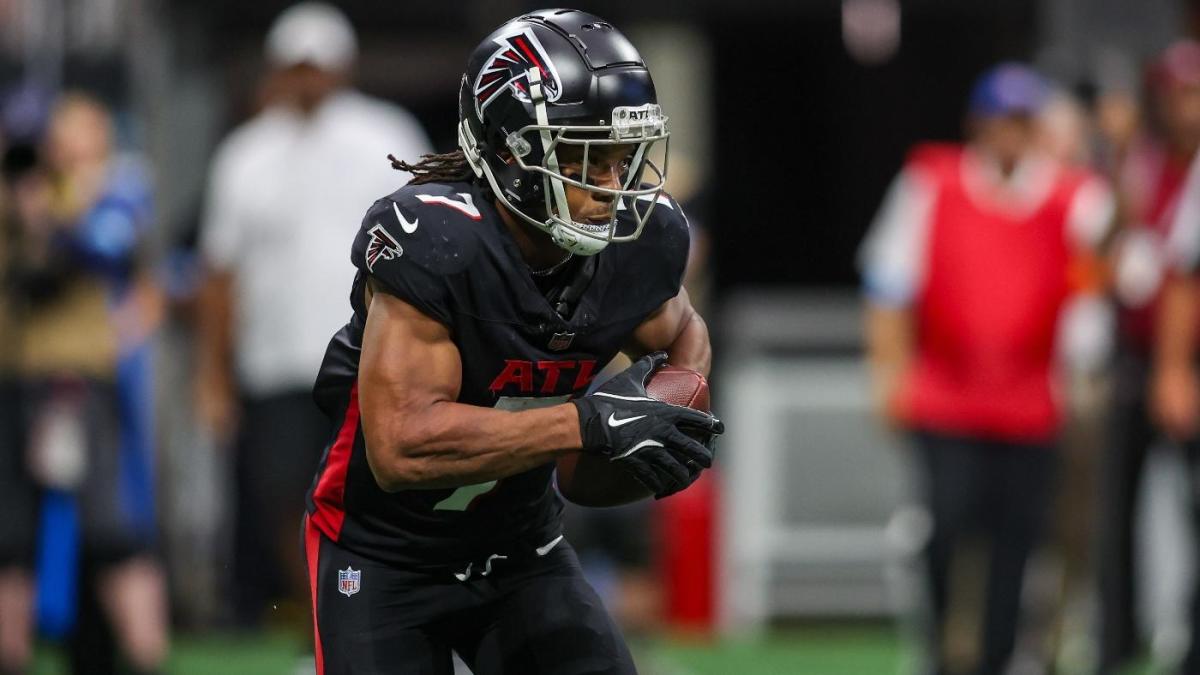CBS Sports' machine learning model predicted Bijan Robinson to exceed 68.5 rushing yards in the Falcons versus Vikings game, showcasing the rise of AI sports analytics, AI powered betting predictions, and the need for E E A T and responsible gambling guidance.

Meta Description: CBS Sports' AI betting model correctly predicted Bijan Robinson's big game, signaling how machine learning is transforming sports media and fan engagement.
When CBS Sports' machine learning model recommended betting on Atlanta Falcons running back Bijan Robinson to exceed 68.5 rushing yards, it was more than a single prop pick. The model's success in the Falcons versus Vikings contest validated AI sports analytics as a practical tool for publishers, bettors, and casual fans. Robinson delivered a standout rushing performance in Atlanta's 22 to 6 victory, underlining how AI powered betting predictions can influence audience engagement and content strategy.
Since legalization expanded across the United States in 2018, sports betting has become integrated into mainstream coverage and publishing. Traditional outlets such as CBS Sports, ESPN, and NBC now combine journalism with predictive analytics to capture attention in a crowded market. Machine learning models can analyze large data sets including player statistics, injury reports, weather conditions, and historical matchups to create betting odds predictions and AI powered picks at scale.
The Vikings versus Falcons matchup served as a clear case study for AI prediction models. Highlights include:
AI driven content is changing how sports stories are told and how publishers attract traffic. For organic visibility, content should integrate relevant phrases such as AI sports analytics, AI prediction models, machine learning models for betting, betting odds predictions, and AI powered betting advice. Emphasizing E E A T and responsible gambling guidance helps build trust and compliance signals that are important for both readers and search engines.
AI based prediction content can be produced with fewer human resources while delivering numerous prop suggestions per game, creating more opportunities for affiliate partnerships with sportsbooks. However, publishers must balance monetization with responsible gambling messaging and clear methodology explanations so readers understand limitations of any single prediction.
Publishers should adopt entity optimization and structured data to make AI driven content discoverable by modern search algorithms. Use natural language that matches voice search and long tail queries for questions like "how do AI prediction models work for football" or "best AI sports analytics for betting today". Providing clear author credentials and methodology notes strengthens E E A T signals.
CBS Sports' successful AI prediction for Bijan Robinson demonstrates the growing role of machine learning in sports media. If AI prediction models sustain performance across games and seasons, they will reshape how fans consume analysis, how publishers generate revenue, and how betting advice is delivered. The future of sports content looks to be a hybrid of human storytelling and machine precision where AI handles predictive analytics and humans add narrative and context.
Note: While the Robinson prediction aligned with the final score, no model is infallible. Responsible gambling guidance and transparency about model limitations remain essential as AI powered sports analytics become more prominent.



